
The K-Town Atlas is a collection of maps that document the history and culture of Los Angeles’ Koreatown, Macarthur Park, and Pico-Union neighborhoods.
96-STORY
Share how you have been impacted by ICE raids.
You are not alone. Our community is listening, and your story matters.
Call 323-96-STORY (323-967-8679) and leave a voicemail with your experience.
All responses can be kept anonymous if preferred. If you are comfortable, please tell us your age, country of origin, and neighborhood. Your words will help shed light on the real impact of ICE raids in our communities.

Looking for Narrators: Land, Climate, and Environment
KSP is seeking interviewees who can share their stories and perspectives on land, climate, and the environment.
We’re looking to connect with environmental justice advocates, artists, activists, climatologists, educators, and other community members who live or work in the Koreatown, Pico-Union, and Westlake area whose work or experiences speak to the intersections of environment, community, and place.
Whether your focus is on urban green spaces, housing and displacement, air quality, or creative responses to climate change, we hope to gather information and perspectives that will help us understand how environmental issues shape our communities.
If you or someone you know would be interested in being interviewed, please contact us at KSP@kyccla.org
Partnering with The LA Local
KSP is excited to partner with The LA Local, a new nonprofit newsroom dedicated to serving the communities of Boyle Heights, East L.A., Koreatown, Pico Union, Westlake, Inglewood, and South L.A.
Through this partnership, KSP students will participate in a year-long curriculum that blends oral history and journalism. In the first half of the program, students will explore the foundations of oral history—learning how to conduct, record, and edit interviews that preserve lived experiences. In the second half, they’ll transition into journalism workshops led by The LA Local team, gaining hands-on experience in newsroom practices, article writing, and community-based reporting.
Celebrating legacy businesses on Koreatown’s Western Avenue
Upcoming events
KSP holds community workshops throughout the year. Whether it’s cooking, crafting, writing, or photography, join us as we learn together!
Stay updated on our upcoming events.
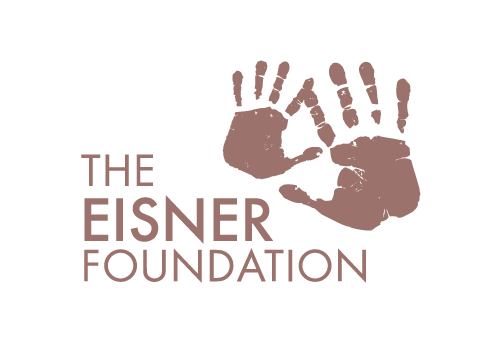
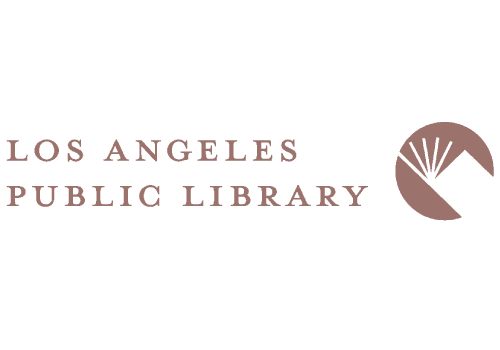

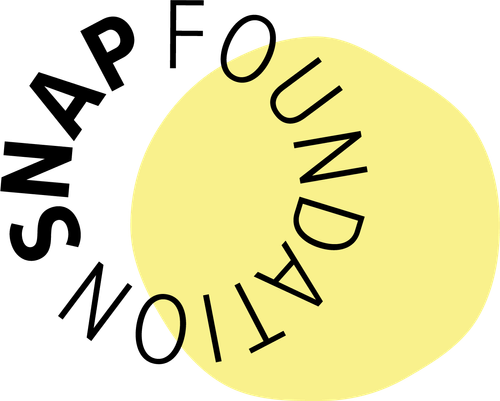
This program is supported, in part, by the Los Angeles County Board of Supervisors through the Department of Arts and Culture.
This project was made possible with support from California Humanities, a non-profit partner of the National Endowment for the Humanities. Visit www.calhum.org.








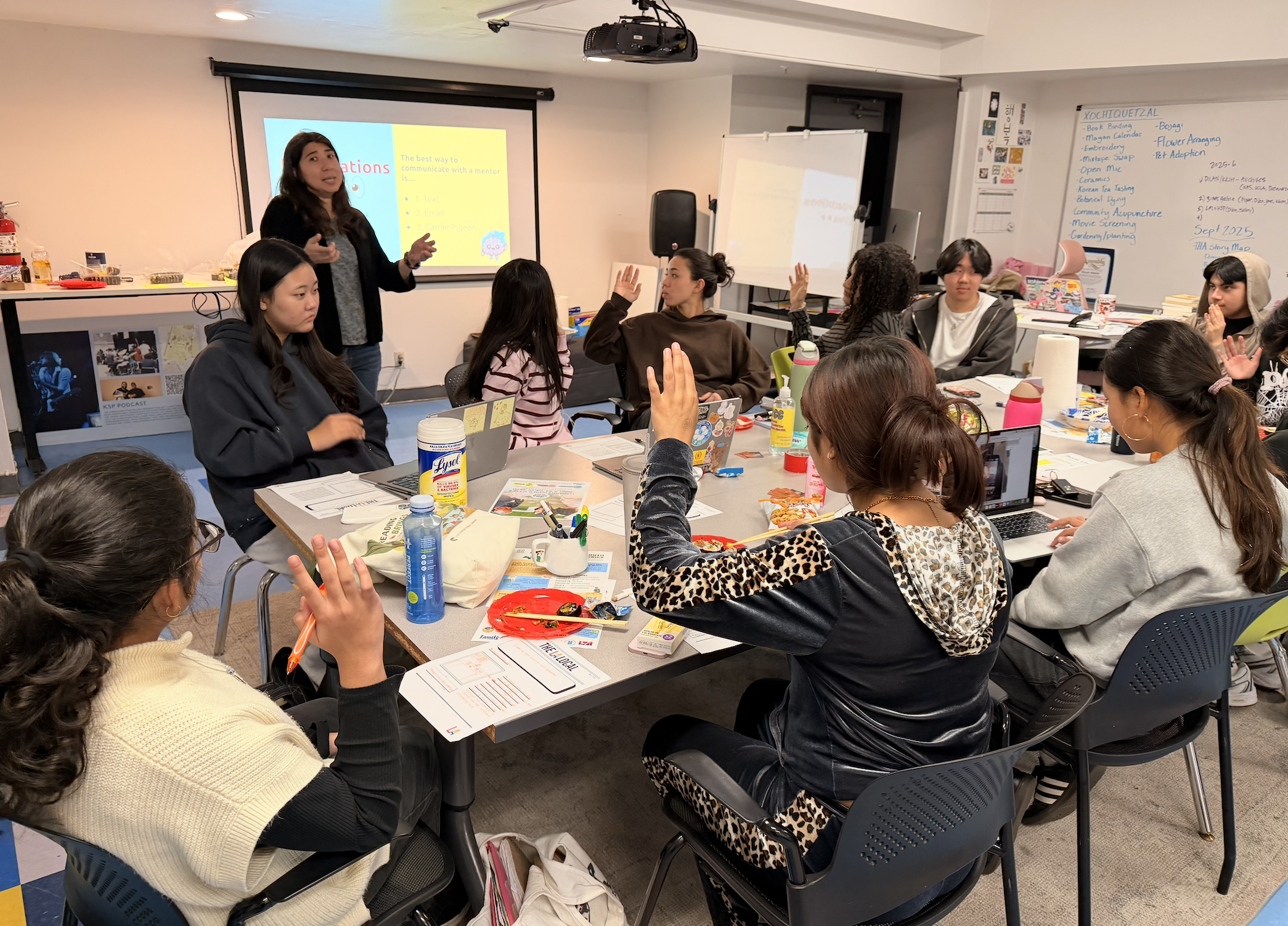

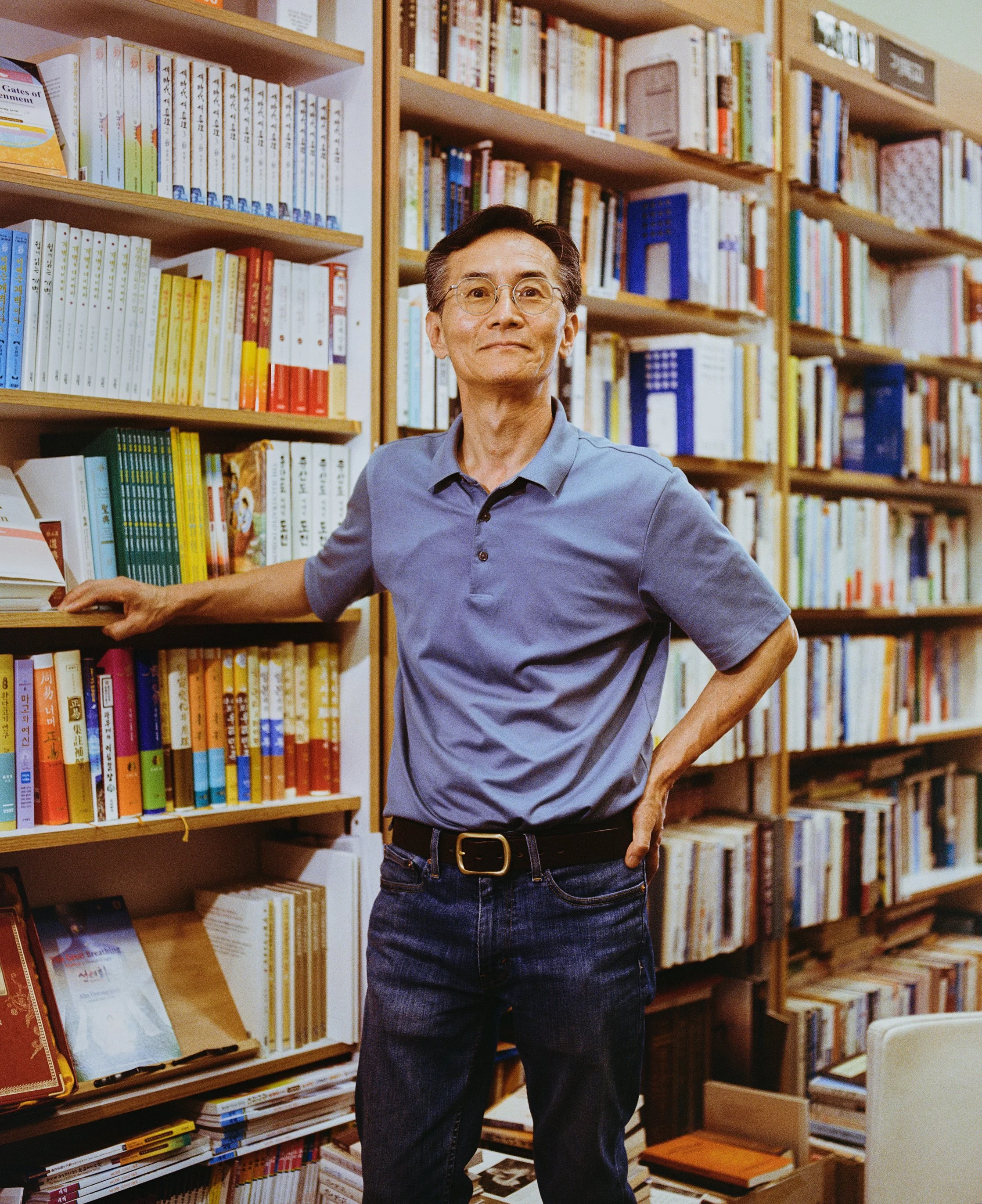
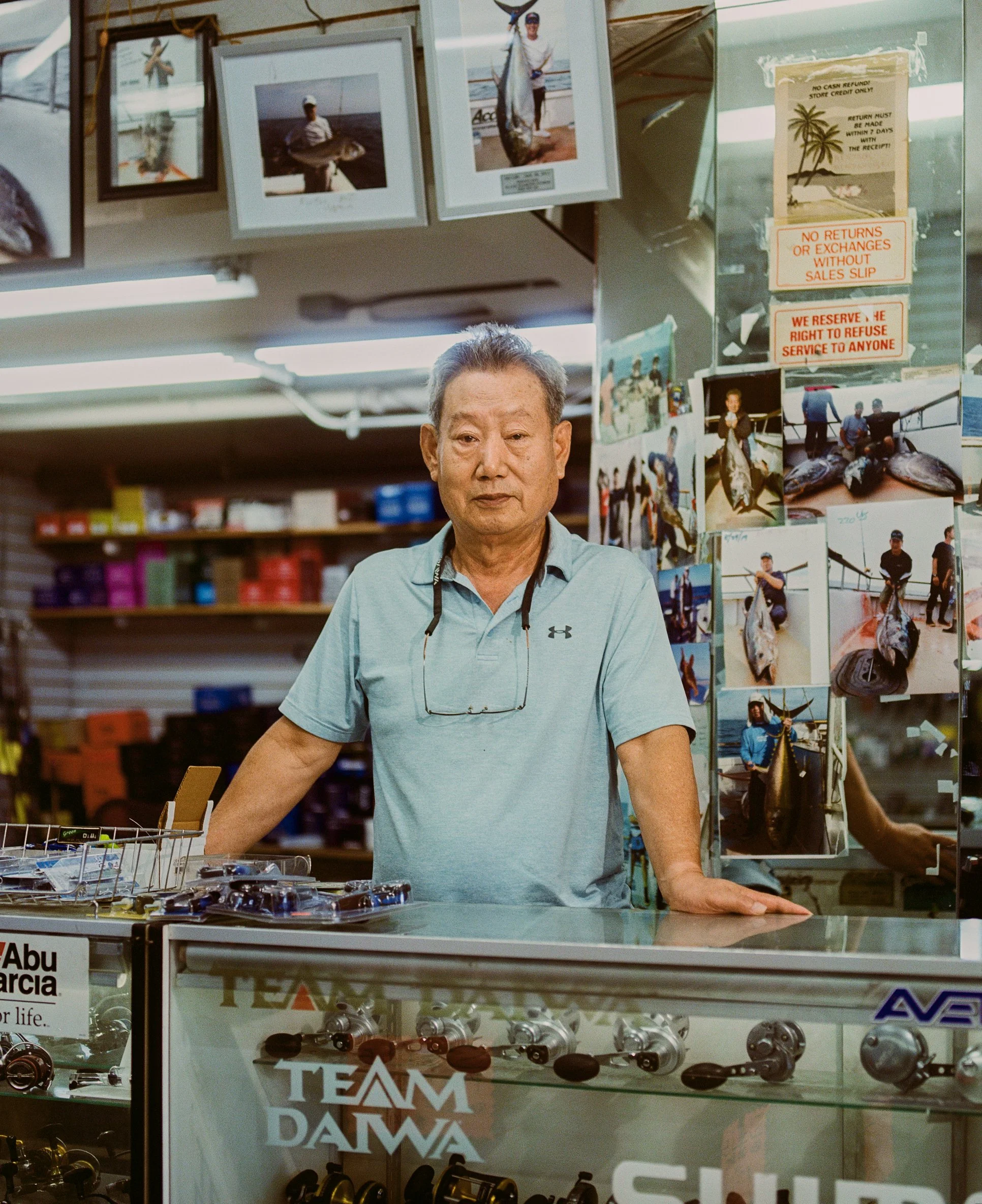


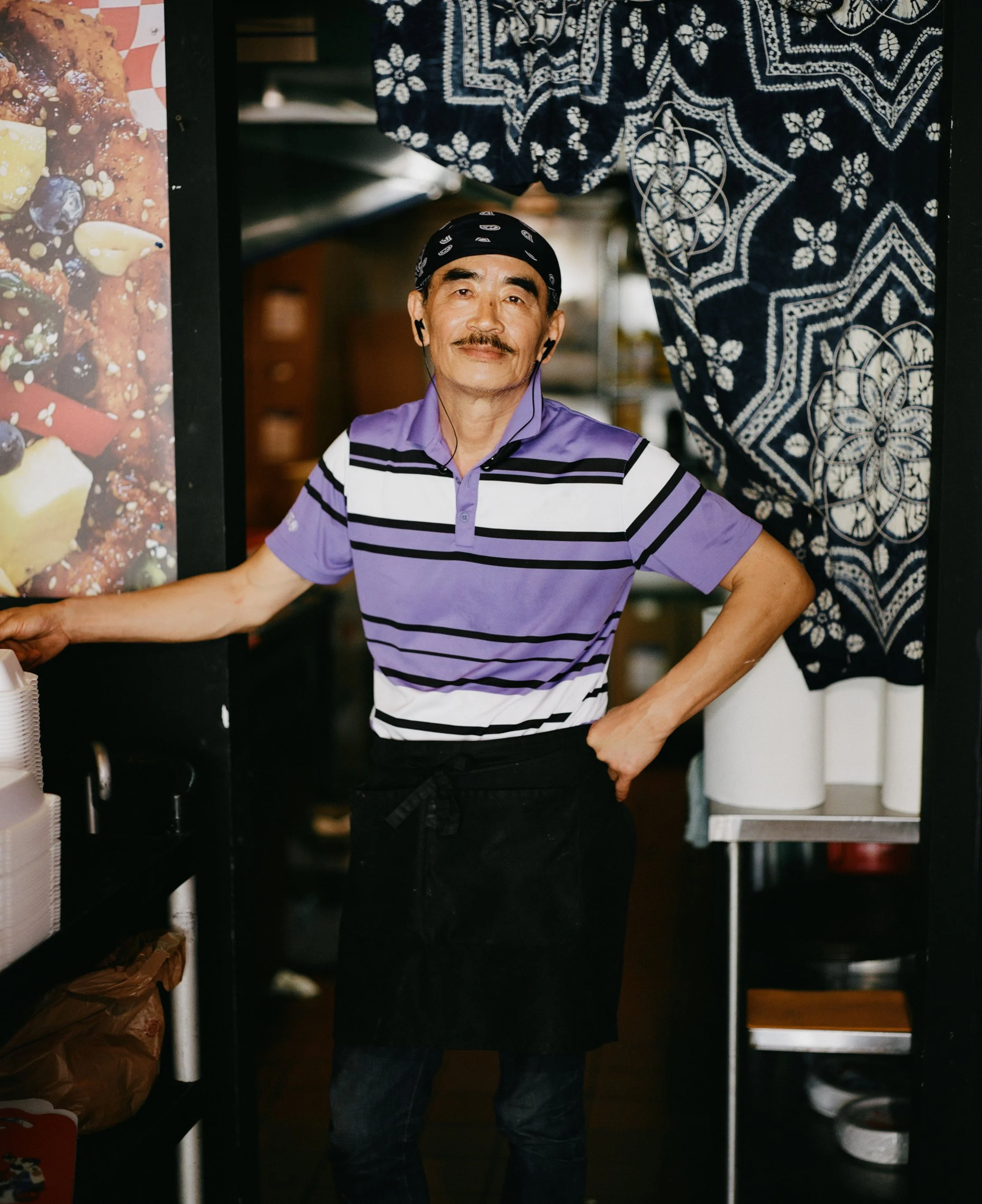

On Thursday, December 18, KSP held a Benglai Foodmaking Workshop led by Rozina Al Salem. Rozina is a celebrated foodmaker from Little Bangladesh, and she taught us how to make a delicious butter chicken masala.